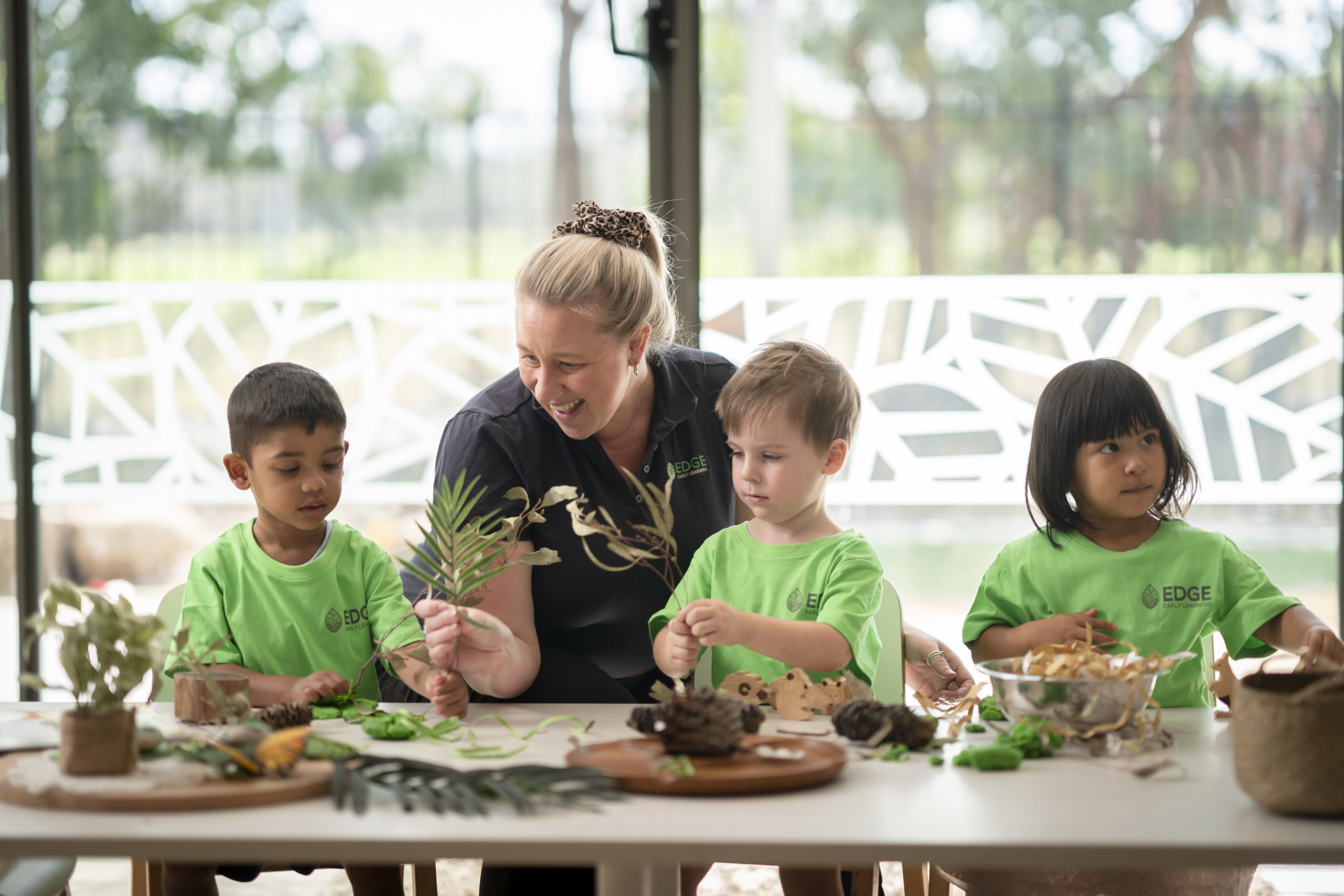
Education, Wellbeing
Education, Useful tools
21 April, 2026

The world is made up of all different people, so it makes sense that our childcare centres reflect that diversity. At Edge Early Learning, we are all for diversity in childcare and welcome children from different cultural and socio-economic backgrounds, as well as children with diverse needs. We have specially designed our learning programs with inclusive strategies to meet each child’s individual requirements.
We pride ourselves on creating an environment at each of our early learning centres where all children feel welcome, valued and supported. Educators are guided by our Inclusion Support Program to implement inclusive practice in childcare. At enrolment, we collect information about each child’s background, abilities and preferences, so we can make them feel comfortable with us right from the start. It’s also an opportunity for parents to flag any areas where children may need extra support. Where identified, educators develop an Inclusive Support Plan for a child which may, for example, include planning to ensure a child with a nut allergy is only offered nut-free food, or giving a child who has trouble concentrating more opportunities to run around and get their wriggles out. Other examples of inclusive practice in childcare could be installing a ramp for a child who uses a wheelchair or providing a quiet space for a child with sensory needs.
While it is obvious that inclusion strategies in childcare improve the learning experience for children with extra needs, the benefits are gained by all the children. For example, research shows that inclusivity:
Edge Early Learning implements inclusive practice in childcare to create an inclusive classroom. We do this by:
Edge Early Learning is committed to creating an inclusive environment so all our families can reap the social and learning benefits that childcare provides. We embrace and celebrate diversity, for example:
Parents are a huge influence in children’s lives and have a vital role in teaching inclusivity. Here are some of our simple tips.